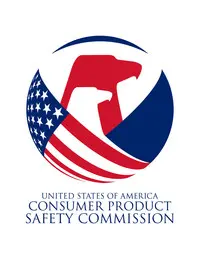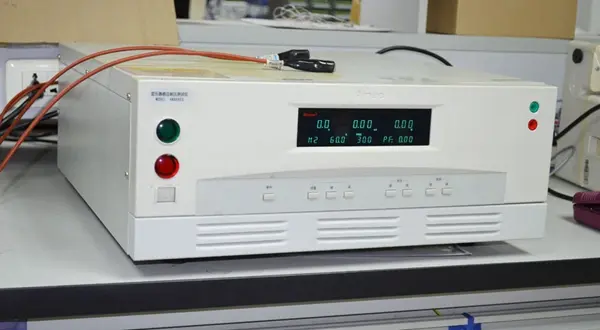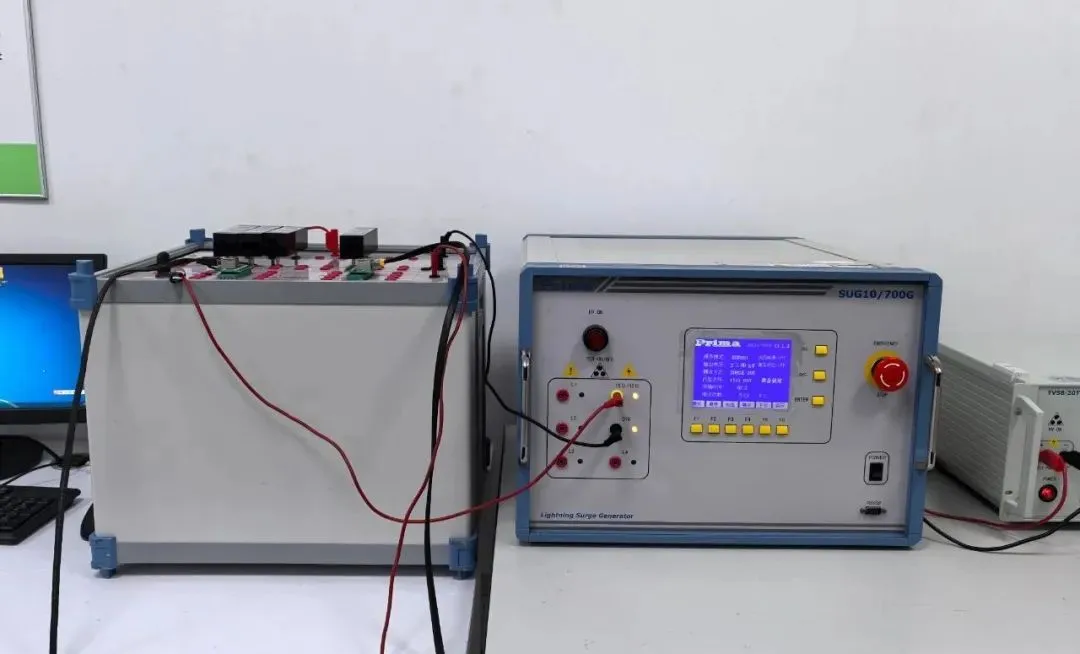
Introduction to Toy Certification in the United States
The United States is the largest toy importer in the world, and about 70% of toys globally are produced in China. Over 85% of toy manufacturers in China are export-oriented. This article introduces the market access requirements and certifications needed for exporting toys to the United States, for reference, hoping to be helpfUL.

Requirements for Exporting Toys to the United States
(1) Market Access
The Consumer Product Safety Act (CPSA) mandates that toy manufacturers and importers must provide a written Children's Product Certificate (CPC), based on the test results from laboratories accREDited by the U.S. Consumer Product Safety Commission (CPSC), to prove that their products comply with the applicable children's product safety regulations. The CPC and supporting test reports must be in English. The children's product certification must be based on the testing results from third-party laboratories accredited by CPSC. These third-party laboratories provide testing services and results but do not issue the Children's Product Certificate.
(2) Heavy Metal Indicators
The Consumer Product Safety Improvement Act sets maximum allowable limits for 8 types of migratory elements and total lead content.
(3) Phthalates
The United States has set restrictions on 8 types of phthalates in toys, including:
- Di(2-ethylhexyl)phthalate (DEHP)
- Dibutyl phthalate (DBP)
- Butyl benzyl phthalate (BBP)
- Diisobutyl phthalate (DIBP)
- Di-n-pentyl phthalate (DPENP)
- Di-n-hexyl phthalate (DHEXP)
- Dicyclohexyl phthalate (DCHP)
- Diisononyl phthalate (DINP)
The U.S. regulations state that the content of each phthalate must not exceed 0.1%.
CPC Certification for Exporting Toys to the United States
(1) Introduction to CPC Certification
CPC certification, or Children's Product Certificate, is a written certificate issued by manufacturers or importers to prove that their children's products comply with all applicable children's product safety rules. This certification depends on whether the product passes laboratory testing, and the testing must be conducted by a third-party laboratory accredited by the Consumer Product Safety Commission (CPSC).
(2) CPC Certification Testing Content
1. cpsia Total Lead and Phthalates
2. U.S. Toy Standards ASTM F963
3. Electric Toy Safety Standards 16 CFR Part 1505
4. Rattle Toy Requirements 16 CFR Part 1510
5. Nipple Safety Standards 16 CFR Part 1511
6. Children’s Apparel, Carpet Flammability Standards, such as 16 CFR Part 1610, 16 CFR Part 1615, 16 CFR Part 1616
7. Standards for Infant Products: strollers, cribs, playpens, carriers, safety seats, bicycle helmets, etc.
(3) CPC Certification Testing Items
1. Initial Testing: The first test of the product.
2. Material Change Testing: Testing conducted if there is a change in materials.
3. Periodic Testing: As a supplement to material change testing, if there are no material changes in continuous production, periodic testing must be conducted at least once a year.
4. Component Testing: Typically, the final product is tested, but in some specific cases, all components may be tested to demonstrate the compliance of the final product.
(4) CPC Certification Process
1. Provide product information.
2. Complete the application form.
3. Submit samples for testing.
4. Pass the tests.
5. Issuance of certificate and report.
Email:hello@jjrlab.com
Write your message here and send it to us
 Global Certification Guide for Lithium Batteries
Global Certification Guide for Lithium Batteries
 Compliance of Amazon 18650 Lithium Battery Product
Compliance of Amazon 18650 Lithium Battery Product
 What is CE Certification and EU Authorized Represe
What is CE Certification and EU Authorized Represe
 What Are the Lithium Battery Safety Tests?
What Are the Lithium Battery Safety Tests?
 What is the EN 61326-2-3 Standard?
What is the EN 61326-2-3 Standard?
 Why Do Smart Sockets Need IEC 60884 Certification?
Why Do Smart Sockets Need IEC 60884 Certification?
 Why Retest the Device if the 5G Module Already Has
Why Retest the Device if the 5G Module Already Has
 Overview of IEC 62087 Test Standard
Overview of IEC 62087 Test Standard
Leave us a message
24-hour online customer service at any time to respond, so that you worry!




